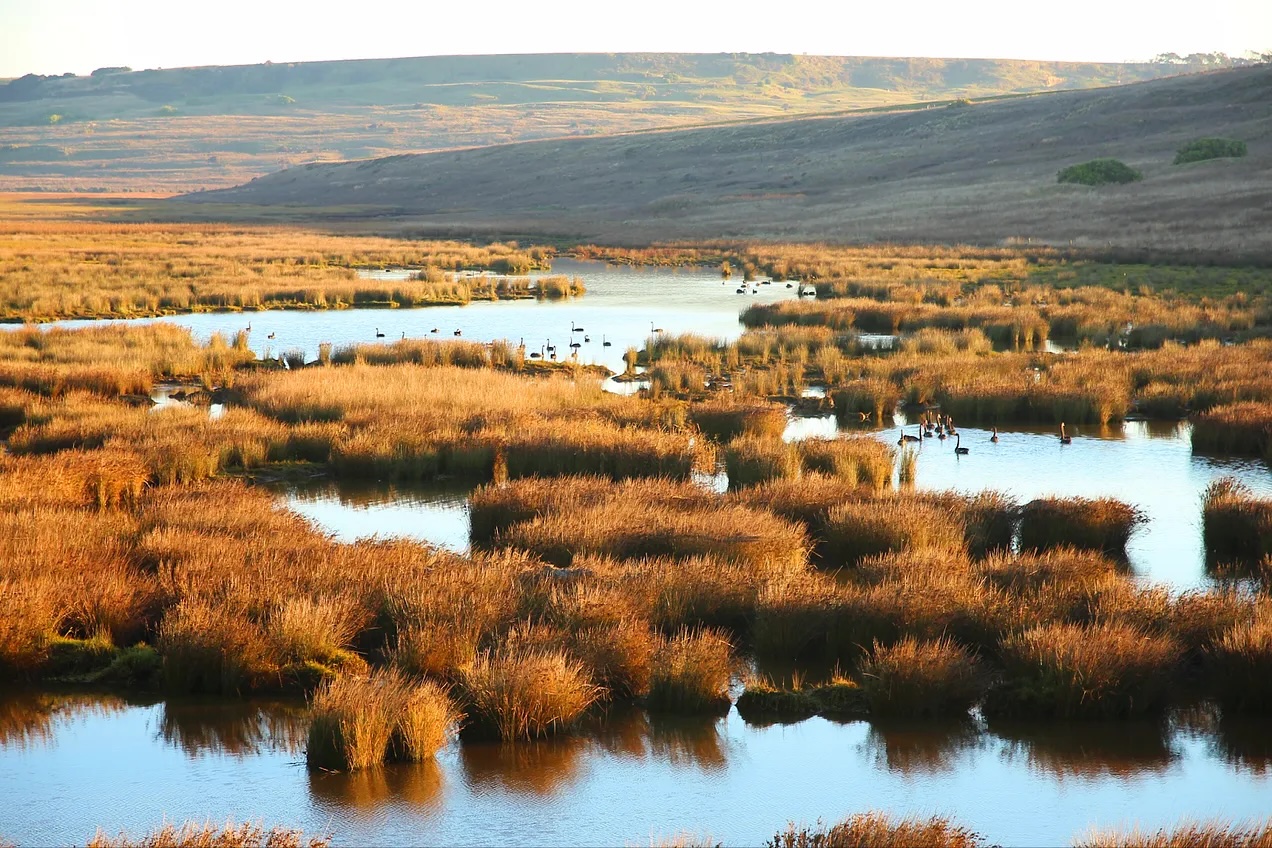What is an ecosystem service?
Ecosystem services are the variety of benefits nature provides that underpin and support our global economy and ways of life.
Pollination is a great and often-cited example. Bees and insects (as well as some birds and bats) carry pollen between plants and trees, which is essential for the growth of fruits, vegetables and seeds, underpinning our entire global food system.
Another good example of an ecosystem service is flood control. Wetlands and mangrove forests are not only nurseries for and recruitment places for fish, but when there are tidal changes, storms and hurricanes, they're a natural green barrier that prevents erosion.
Taking a step back, it’s helpful to think of ecosystem services in four categories: provisioning services, such as the production of food; regulating services, such as the control of diseases; supporting services, such as oxygen production; and cultural services, such as recreational benefits.

Why do they matter?
There’s no debating that ecosystem services matter. After all, where would we be without food, oxygen, waste management or culture? But you could argue they matter now more than ever, because as we damage and destroy Earth’s ecosystems, these services are disappearing.
To add some context, and throw a seriously big number into the mix, a 2020 World Economic Forum study revealed that $44 trillion of economic value is reliant on ecosystem services. That figure is equal to half of the world's GDP, so even from a purely economic standpoint, the mounting threat to ecosystem services is worthy of our attention and swift action.
Use it in a sentence
Deforestation is just one of the global threats to our ecosystem services.
Knowledge threading
The western concept of ‘ecosystem services’ emerged in the 1970s, but Traditional Owners around the world have long understood reciprocity between humans and nature. Aboriginal and Torres Strait Islanders in Australia inherently understand that ‘healthy country’ will result in healthy animals, plants and people.
Food for thought
We know that $44 trillion of economic value is reliant on ecosystem services, yet these services (and nature more generally) are categorised as externalities, or side effects of economic activity not reflected in business models. Why is this the case? How can critical ecosystem services not be accounted for by the businesses, governments and individuals that depend on?



